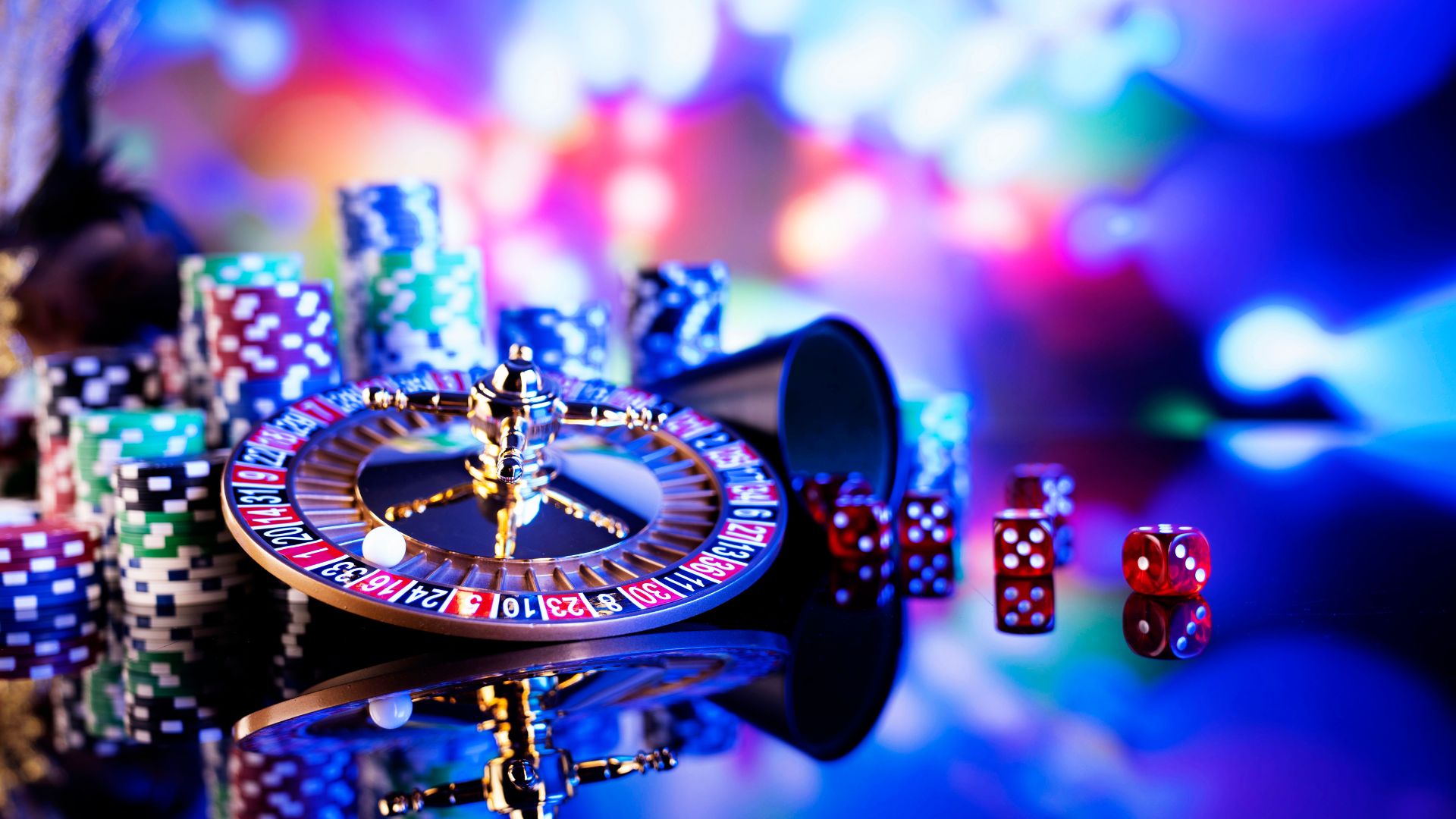
Casino entertainment have long been a staple in human culture, delivering not just entertainment but a captivating reflection of our dreams, ambitions, and concerns. From the turning reels of a slot machine to the tactical play of poker, these games embody a variety of human sentiments and events. At their core, casino games are not just a chance to win money; they are a microcosm of life itself, where danger and gain intertwine and fate can change in an instant.
As players assemble around tables or sit in front of vibrantly illuminated machines, they take part in a tradition that transcends mere playing. These games reflect our instinctive desires for connection, thrill, and the quest for chance. They also unveil deeper truths about human nature, such as our relationship with fate and the adrenaline of risk. In exploring casino games, we discover not only the rules of play but also the complex weave of the human experience, showcasing our intertwining narratives of goal and reality.
The Mind Behind Gambling
Gambling is deeply rooted in the psyche of individuals, tapping into various emotions and desires. The excitement of taking risks is a fundamental aspect that draws players in, be it it’s excitement of spinning a roulette or the anticipation of drawing a winning card in a poker game. This rush of adrenaline is frequently likened to other forms of excitement, as the unpredictability of outcomes elicits a unique psychological response. Gamblers often find themselves entranced by the chance of winning big, leading to an almost magnetic draw toward casino games.
Another, a crucial component of the psychology behind gambling is the concept of hope and ambition. Players often nourish dreams of financial freedom and the luxurious lifestyle that can follow winning. This optimism fuels their ongoing participation in casino games, as it provides a sense of meaning and the conviction that a life-changing win could be just one bet away. The story of beating the odds and finding success resonates with many, reinforcing their commitment to play and engage with these games.
Lastly, social dynamics play a crucial role in gambling psychology. Gambling venues are designed to foster social interaction, where gamblers gather to share the journey of wins and losses. This shared aspect not only amplifies enjoyment but also influences behavior, as individuals often imitate the actions of others around them. The collective approval found in mutual thrill can magnify the emotional experience, making casino games a mirror of not just personal desires but also shared involvement within the gaming community.
### Risk and Reward: A Double-Edged Sword
Casino games embody the fragile balance between risk and gain that resonates deeply with human nature. The rush of placing a wager is often accompanied by a rush of adrenaline, as gamblers are confronted with the chance of striking it rich, yet conscious of the possibility to lose. This dual experience reflects a core aspect of life: the choices we make often come with built-in risks, and the pursuit of reward can drive us to make risky moves we might not typically consider. In this way, gambling activities reflect real-world decisions, enticing players to gamble not just their money, but also their aspirations.
The allure of jackpot prizes and payouts fuels a wave of hope, inspiring players to imagine a brighter future that could arise from a single victorious spin of the wheel or turn of a card. This positive outlook can compel individuals to engage in riskier behaviors, urging them to extend their limits in search of financial gain. However, just as in life, the results of these decisions can lead to both triumph and failure. The stories of both big winners and those who have suffered everything at the casino demonstrate the unpredictable nature of chance and its impactful impact on our existence.
Ultimately, the experience of engaging with gambling activities serves as a strong reminder of the nature of humanity. Every session played is loaded with the tension of risk, as gamblers weigh the gains against the dangers. This dynamic not only highlights the excitement that comes with betting but also exposes the weaknesses that come with the urge for more. As we explore the complexities of choice and consequence in both the gambling world and in life, we find that the quest for gain shapes our character and journeys in deep ways.
Society and Isolation in Casino Environment
Casino culture is a distinct combination of social engagement and individual pursuit, reflecting the contrasts of human experience. Players often gather around games, experiencing in the excitement of the action, rejoicing in wins, and commiserating over losses. This communal aspect is vital, as it establishes a sense of community and bonding among varied groups of individuals. Regular visitors to casinos may form friendships and develop routines, turning the casino into a alternative home where they experience connected to a greater community of gamblers.
However, the appeal of gambling games can also result to loneliness. As individuals become immersed in the thrill of playing, they may isolate from personal relationships or neglect to interact with the world outside the gaming space. hướng dẫn mmlive For some, the search of a windfall can distract from genuine relationships, leading to loneliness. mmlive The experience of being among others yet feeling solitary is not rare, as the attention shifts from collective fun to the individual concerns of each player’s path.
This interplay of society and solitude creates a vivid mosaic that defines casino culture. It showcases the complexity of social interactions, where joy and despair coexist. Gambling venues serve as both a sanctuary for social engagement and a stage for individual challenges, illustrating how intimately entwined our desire for companionship and the individual quest for fortune can be. In navigating this landscape, gamblers confront their own stories—seeking both the rush of the game and the companionship of other players, eventually reflecting the broader spectrum of human experience.
